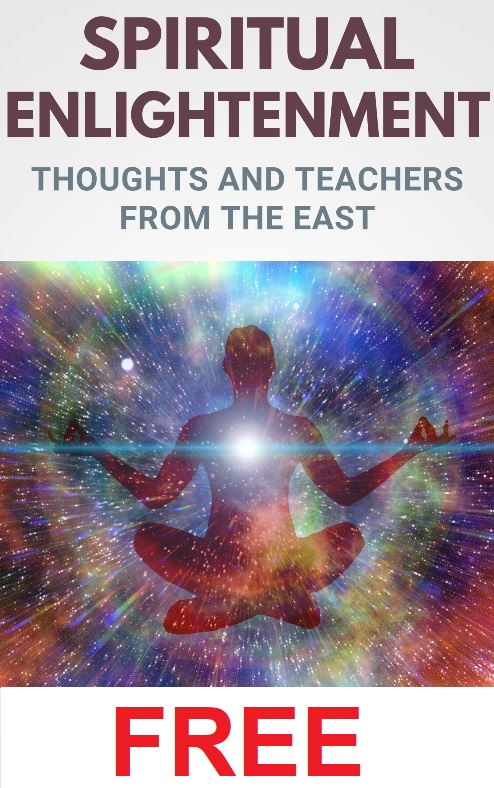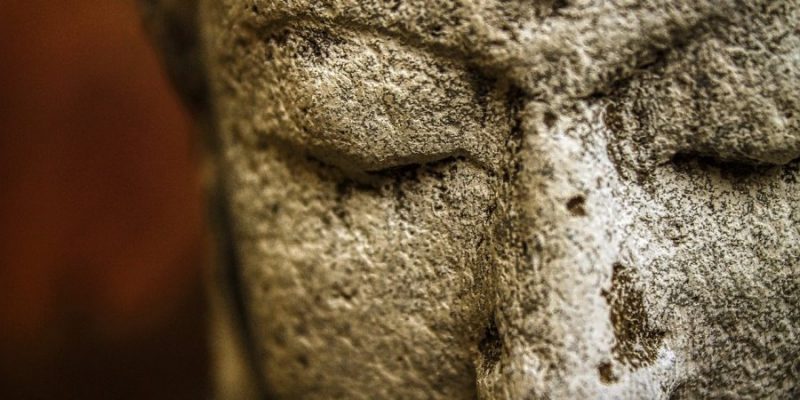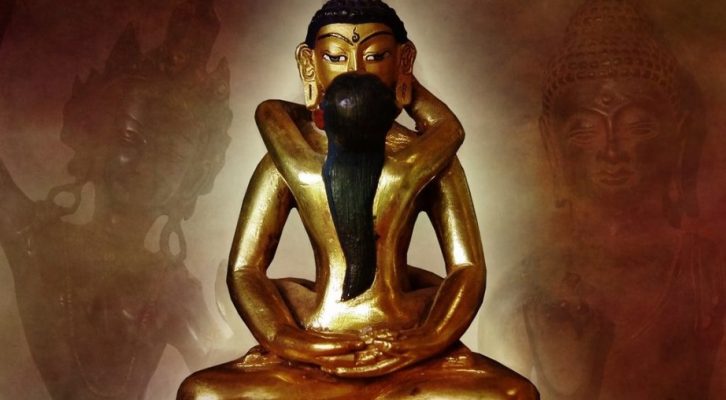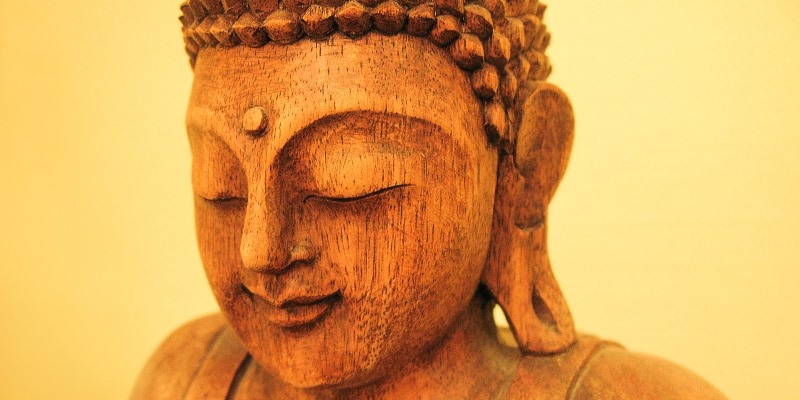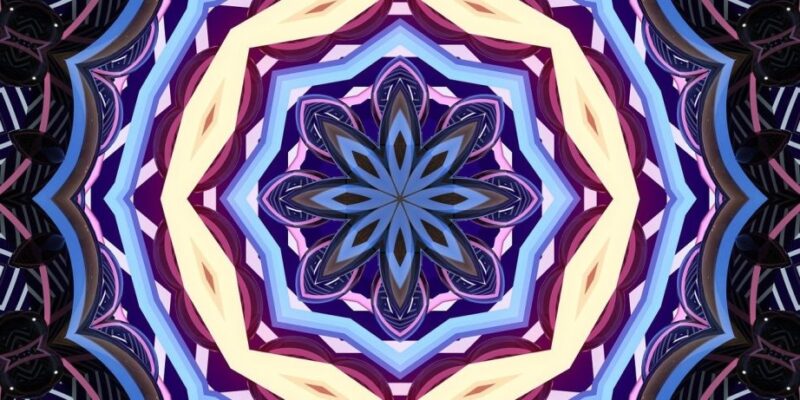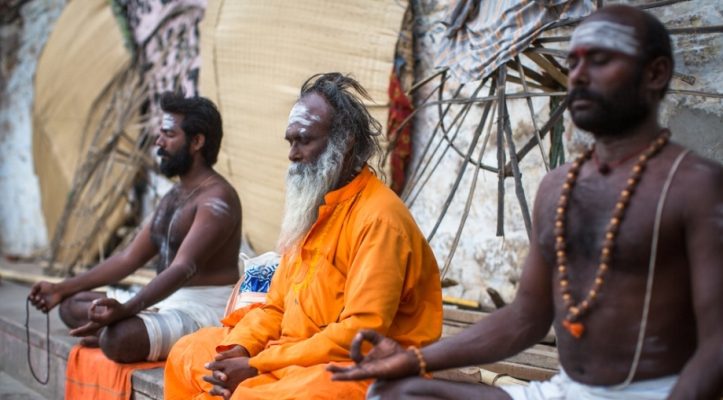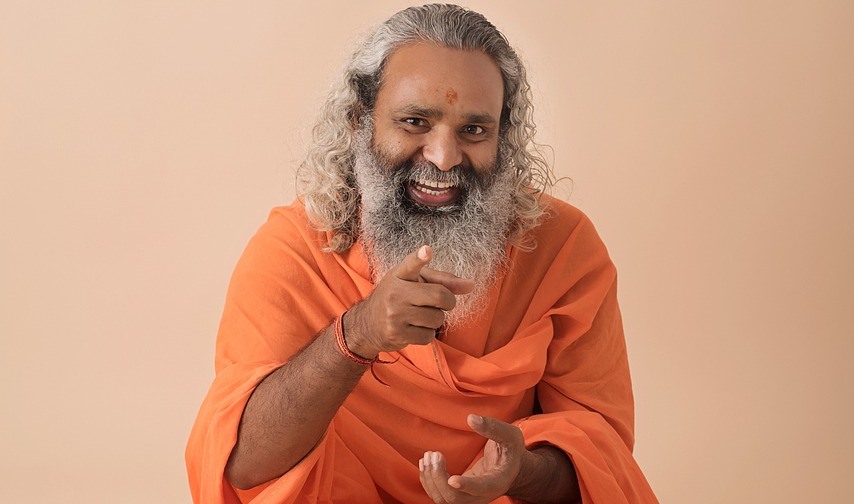
Tat Tvam Asi is a saying in the Sanskrit language, and one of the famous maxims in Vedanta philosophy. Tat means “that,” “thus”, or “it,” Tvam means “thou” or “you,” and Asi means “art” or “are.”
The complete phrase is usually translated as “You Are That,” “That You Are,” “You Are It,” “In That Way You Are,” or “That’s How You Are.”

One needs to keep in mind that different Vedanta schools have interpreted this phrase differently, but in Advaita Vedanta (non-dual Vedanta) it’s part of the so-called Mahavakyas (Great Sayings or Great Contemplations), denoting the complete identicalness of the individual Self (the personal “I” or soul) with the absolute, ultimate Reality (Universal Self, God, Creator, or Absolute Consciousness, among other designations).
The phrase is said to have been first mentioned in the Chandogya Upanishad (a sacred Vedic text thought to have been written between the 8th and 6th century BCE) and is commonly interpreted as a pointer to the intimate relationship between the Atman (Jivatman, the individual Self or individual Soul and Consciousness) and Brahman (Para Brahman, the absolute Self, universal Soul and Consciousness, the [creator of the) world or universe).
Although differently interpreted through the centuries it got its final meaning in Advaita Vedanta through the works of the Indian Vedic scholar and teacher Adi Shankara (8th – 9th century CE). Since then — within Advaita — it’s generally considered to signify that “Atman and Brahman are identical, there’s no difference between them, that’s your essence, truth and reality.”
Mind that the phrase is used as a help to realize “the absolute truth,” spoken by a Guru (a Spiritual Awakened one) to a disciple. It’s said to someone who’s looking for truth and insight in what and how the nature of the Self or “I” is. In the Chandogya Upanishad, the supposedly original source of the maxim, Tat Tvam Asi is repeatedly uttered in conversations between a father (the Vedic sage Uddalaka Aruni) and his son (Svetaketu Auddalaki).
Brahman typically stands for the single unchanging essence behind the universe and its diversity, the highest reality, the supreme cosmic spirit, the God of Gods, creator of the world, the real Self. Nevertheless, Brahman is unknown, without properties, without limits, cannot be known, seen or touched, and as such (if Atman=Brahman) that also counts for the Jiva Atman.

In fact, you cannot objectively know either Atman or Brahman, because they are everything and no-thing (not objectifiable) at the same time, but you can realize this as a living truth, and subsequently be it. As is often said in this context: the ear cannot hear itself, the eye cannot see itself, meaning that the ultimate seer (absolute awareness) sees everything but not the seer (not itself).
As Brahman is considered the cause of the Universe and of all phenomena it contains, it implies that what considers itself “I” or “Me” (the Jiva Atman) — who feels separated from the world or Brahman — is likewise the cause of all; of personal and transcendental consciousness, the materialization of the Universe, including the feeling of being separated (duality). Atman, like Brahman, embraces all (or alternatively no-thing) as the real, absolute Self.
Another implication is that “there’s only one,” which, for instance, means that other people are not actually separated from us but part of (and in) us, existing in our consciousness (in which we also appear as an objectifiable person). When our consciousness subsides, the world subsides. When our consciousness arises (or perhaps better — our innate awareness of consciousness), the world becomes manifest. The Atman-Brahman “does and is everything,” but doesn’t know how or why, just “that it is thus.”

